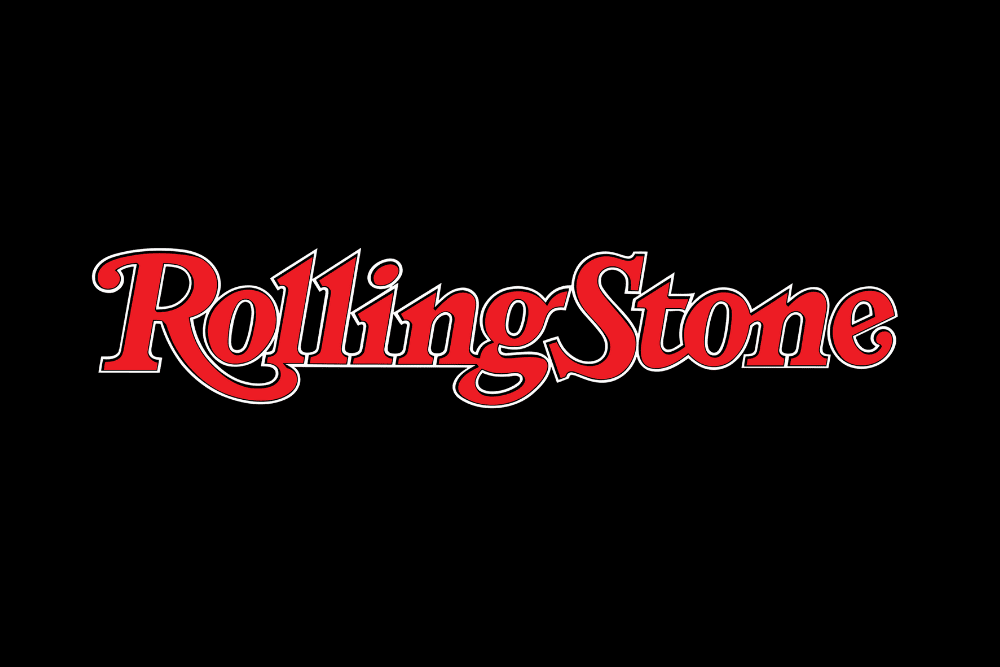Employees often feel frustrated when relatives or close associates of management appear to receive preferential treatment.
This practice, known as nepotism, is common in many workplaces and can influence hiring, promotion, and disciplinary decisions.
Although it may seem inherently unfair, nepotism itself is generally not unlawful under federal or state employment laws.
This article explains the legal boundaries surrounding nepotism and outlines when such conduct may violate
anti-discrimination laws or retaliation protections.

What Is Nepotism?
Nepotism refers to employment decisions—including hiring, promotions, work assignments, and disciplinary actions—based on a
family or personal relationship rather than merit or performance. While many organizations discourage nepotism through internal
policies, its mere existence is not prohibited by law.
Is Nepotism Illegal?
In most circumstances, no. Private employers have broad discretion in their personnel practices, and favoritism toward family
members does not, by itself, violate any federal or California employment laws. As a result, employees typically cannot pursue
legal action based solely on nepotism.
When Nepotism May Violate the Law
Nepotism is not intrinsically unlawful, but certain applications of favoritism may give rise to legal claims. These situations
often relate to workplace discrimination, retaliation, or a hostile work environment.
Discrimination
If nepotism results in employees outside the favored family or friend group being treated differently because of their
protected characteristics—such as race, gender, national origin, age, disability, or religion—the conduct may constitute
illegal discrimination under federal law and under California’s Fair Employment and Housing Act (FEHA).
Learn more about your rights regarding discrimination on our workplace discrimination page.
Retaliation
Nepotism may also support a retaliation claim when it is used to punish an employee for engaging in legally protected
activities, such as:
- Reporting discrimination or harassment
- Raising wage and hour or safety concerns
- Filing a workers’ compensation claim
- Taking protected medical or family leave
- Participating in a workplace investigation
For more information, visit our workplace retaliation resource.
Hostile Work Environment
When nepotism fosters an environment where employees are belittled, excluded, or harassed in connection with their
protected characteristics, employers may be liable for creating or failing to prevent a hostile work environment.
To understand how harassment and hostile work environment claims work, see our harassment & hostile work environment page.
Policy Violations
Many employers maintain anti-nepotism or conflict-of-interest policies. While violations of these policies are not necessarily
unlawful, selective or inconsistent enforcement may support a broader discrimination or retaliation claim if it disproportionately
impacts certain protected groups.
What Employees Should Do if Nepotism Is Impacting Their Work
Employees concerned about the effects of nepotism should consider the following steps:
- Document relevant events and maintain detailed records of decisions, comments, and timelines.
- Review company policies, including any nepotism, conflict-of-interest, and anti-discrimination policies.
- Report concerns internally, for example to Human Resources or through designated reporting channels.
- Consult an employment attorney if the unfair treatment appears discriminatory, retaliatory, or otherwise unlawful.
You can reach Mills Sadat Dowlat LLP (MSD Lawyers) through the contact page.
FAQs
Is nepotism illegal in the workplace?
No. Nepotism—favoring relatives or close friends in hiring or promotions—is generally not illegal under federal or state law.
However, it can lead to unlawful conduct if it results in discrimination or retaliation.
Can I sue my employer for nepotism?
You typically cannot sue for nepotism alone. But you may have legal claims if favoritism results in denied opportunities,
demotion, termination, or other adverse actions tied to a protected characteristic or protected activity.
Is nepotism illegal in California?
No. California law does not generally ban nepotism. However, California’s anti-discrimination and harassment laws prohibit discrimination, harassment, and retaliation—issues that may arise in workplaces where nepotism is present.
When does nepotism become discrimination?
Nepotism becomes discrimination when favoritism harms employees because of their protected class—such as race, gender, age,
disability, religion, or national origin. Patterns of promoting relatives who all share certain characteristics while
systematically overlooking others may be evidence of discriminatory practices.
Can nepotism create a hostile work environment?
Yes. If nepotism contributes to harassment, exclusion, or abusive conduct directed at employees because of their protected
characteristics, it can be part of a hostile work environment claim.
What should I do if I am being treated unfairly because of nepotism?
Document what is happening, review your employer’s policies, and consider reporting your concerns to HR. If you believe the
situation involves discrimination or retaliation, speak with an employment attorney. You can contact MSD Lawyers for a confidential review.
How MSD Lawyers Can Help
At Mills Sadat Dowlat LLP (MSD Lawyers), we represent employees facing workplace discrimination, retaliation,
and harassment. While nepotism itself is not illegal, it often reveals or contributes to deeper unlawful practices within an
organization.
Our attorneys can analyze your circumstances, explain your rights, and help determine whether legal action is appropriate.
To learn more about our firm, visit msdlawyers.com, or request a confidential consultation.












